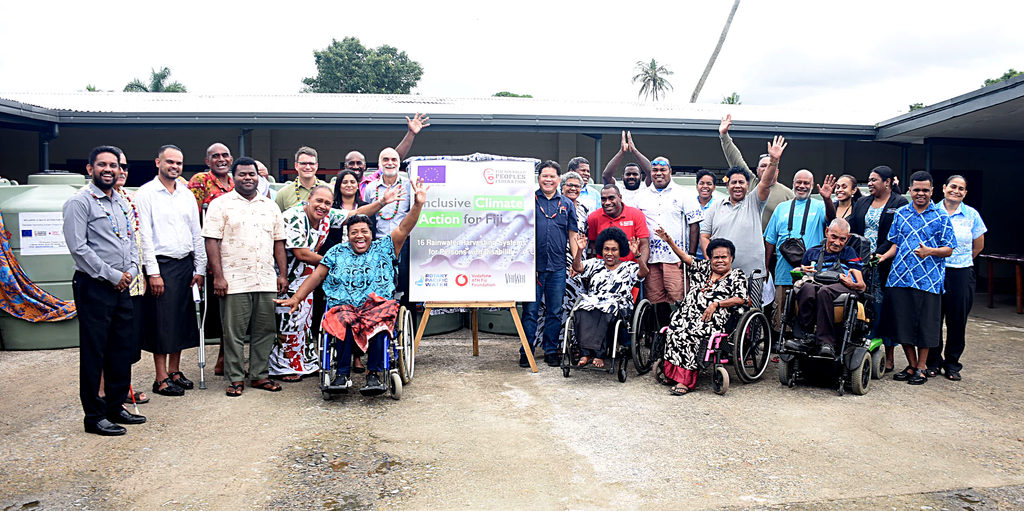WOMEN bear most of the burden of irregular and disrupted water supplies, says Lusiana Buli, 60.
“When we are supposed to be sleeping, my sister-in-law is awake and doing household work and chores that cannot be done without water,” Ms Buli said.
“Because of the physical disability my sister and I have, we are unable to help and it feels bad having to look on helpless while she does all the work.
“She would get up in the middle of the night to wash the clothes, fill buckets and bottles with water for our food and drinking needs, and then also store water for bathing.”
Ms Buli said she watched her sister-in-law do this for so many years and it pained her to look on helplessly.
“During the day, the water pressure is too low so there’s no water coming through the taps.
“When the water comes on at night, the men are usually asleep so they don’t know what women would have had to do through the night to keep the home functioning and cared for.
“Sometimes men complain or say things that are hurtful – I always defend my sister-in-law because I know the sacrifices she makes so we can have access to water.”
One of 22 individuals living with disabilities who benefited from a rainwater harvesting initiative launched this week, Ms Buli says the installation of a water tank at her home in Muanaira Village, Rewa means their days of waking at odd hours of the night to store water and wash laundry will soon be a thing of the past.
“This water tank is going to bring change and I’m really happy. They will install it in the month of June when they bring the materials to create the base on which the tank will be placed.”
Ms Buli also voiced her concerns about how water bills remained high despite the water supply issues.
“Sometimes my bill is more than $100 and it’s just me at home. For those of us living with disabilities and not working, I don’t understand why the bill is that high and what provisions are there for people like us.”



